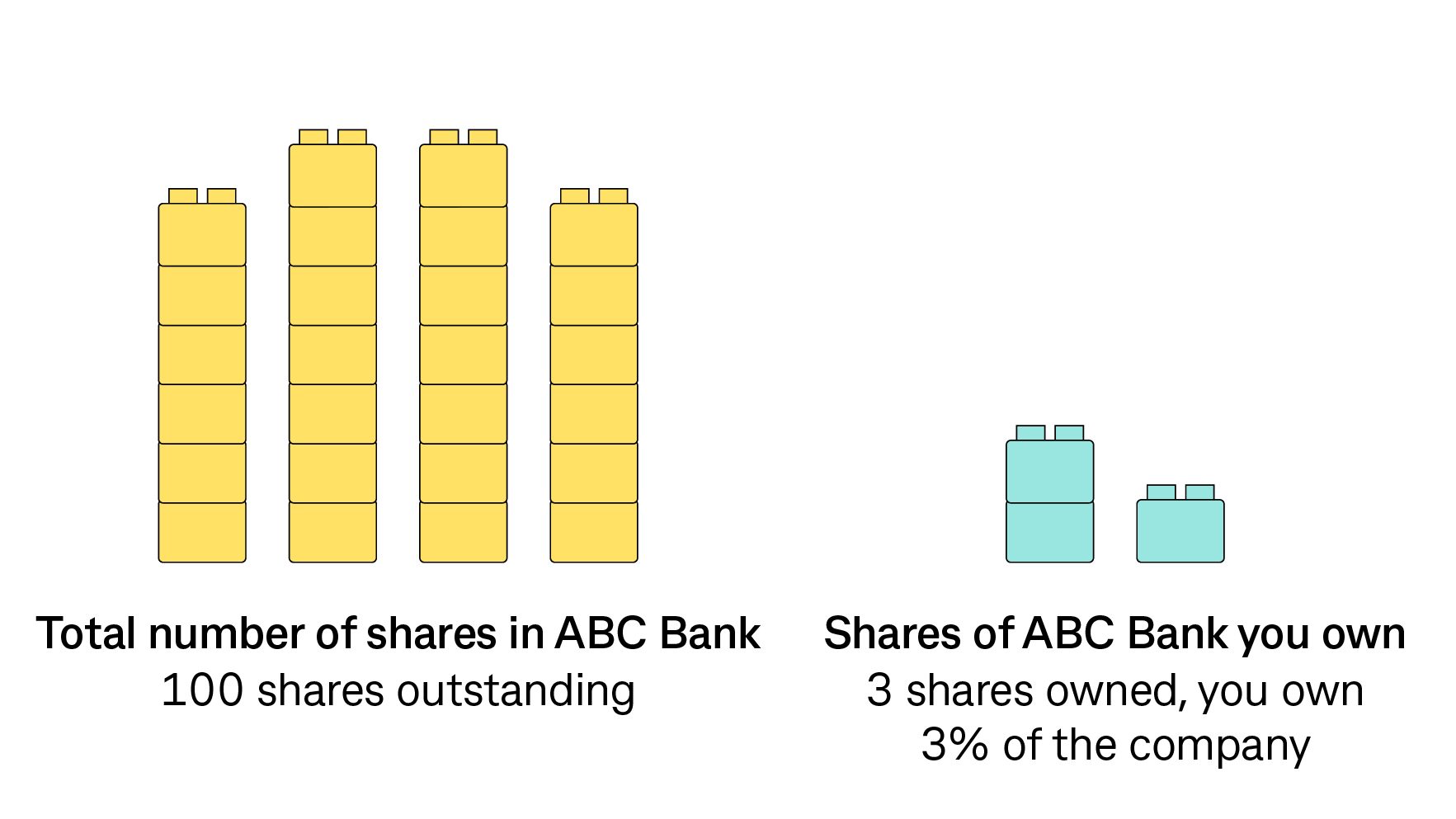What are shares and how do they work?
The rundown
- Buying shares makes you a shareholder, which means you purchase a part of a certain company when you buy a share.
- Investing can help you grow your wealth as shares may increase in value over time.
- As a shareholder, you may receive dividends (regular payments) from the company’s shares you own, providing an additional income stream.
- Investing comes with risks that are sometimes beyond an investor’s control, such as current affairs or conflicts.
